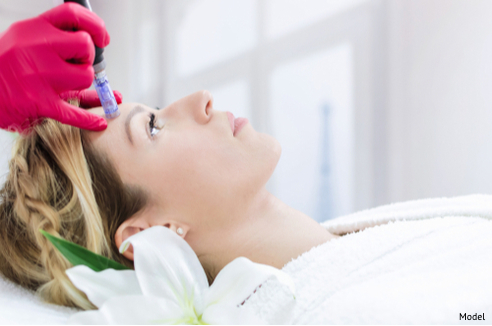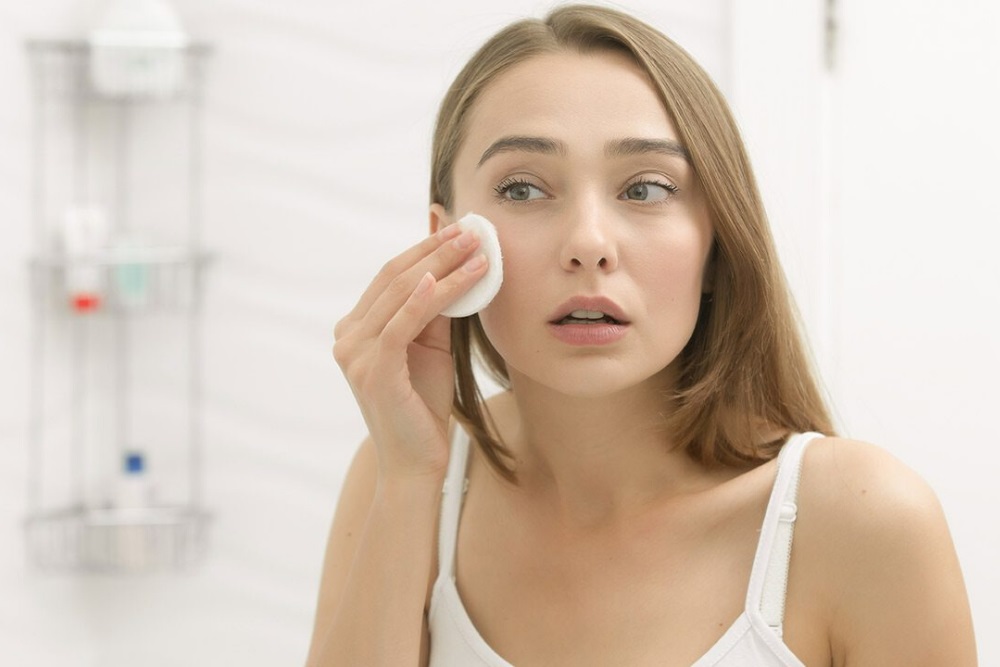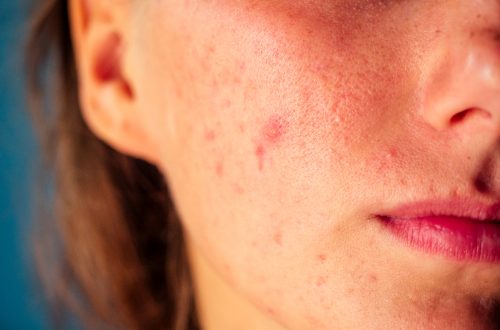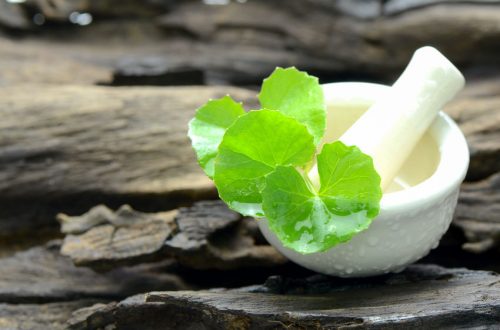
Taking care of skin in Menopause
The best way to protect and stay young for longer is to be aware of how hormonal deficiency affects our skin. Follow our tips to delay ageing and feel better about yourself.
We are all concerned about how the passage of time will affect our skin. The signs of ageing, the result of hormonal changes, are especially visible in this organ. Especially in the skin of our face, which is the image that we project towards others and that best defines us physically, as a perception of ourselves.
We cannot prevent ageing, but we can minimise it and delay the deterioration process
Since the first symptoms of menopause begin until postmenopause ends, the gradual reduction of estrogen and collagen has a direct impact on the skin, causing its progressive ageing. The action of these hormones increases the thickness of the skin and maintains its elasticity and moisture, and when they stop working, the negative effects on our skin begin. Although genetics play a role in staying younger longer, the consequences are inevitable. What happens to the skin in that period?
Effects on the skin of menopause
- Dehydrated skin: The skin loses elasticity and appears dry and rough-looking.
- Deeper and more numerous wrinkles: the elastin and collagen fibres degrade and the skin sags, generating greater flaccidity and the appearance of wrinkles.
- Greater fragility: The skin thins and, by losing elasticity, is more easily injured. Skin loses moisture, elasticity and thickness
- Uneven tone: The skin loses luminosity and freshness and the tone is no longer uniform, as the transparency of the skin increases.
- More difficulty to heal: Pigmented dark spots that are accentuated in areas exposed to the sun.
We cannot avoid this deterioration but we can minimise it and delay the ageing process. We give you a series of tricks so that your skin stays young for longer.
How to maintain skin after menopause?

- Moisturises from the outside: It is essential to use creams on the face and body that help us restore lost moisture. Many brands already make formulas designed for the characteristics of mature skin. Include it in your daily routine.
- Drink two litres of water a day: It also hydrates the skin from the inside.
- Put on sunscreen daily: At this time the sun is important for our body because it helps us synthesise vitamin D and fix calcium in our bones. But just as the doctor recommends about 15 minutes of sunlight a day, avoiding the hours of greatest exposure to ultraviolet rays (from noon to 4 in the afternoon), you must always use sun protection appropriate to your type of skin Even if it’s cloudy, solar radiation damages our skin much more than it seems.
- Forget about toxins: Bad habits such as tobacco and alcohol contribute to accelerating skin ageing. Avoid them.
- Exercise: Physical activity keeps our body oxygenated, improves our blood circulation and cleanses the pores. In addition, it will help you counteract the effects of the dreaded osteoporosis.
- Eat foods rich in vitamins A (antioxidant), C (synthesises collagen) and E (fights free radicals). These vitamins are present in fruits, nuts and vegetables, among other sources.
- Do not go to bed without removing your make-up: During the hours of sleep, our skin takes the opportunity to regenerate and oxygenate itself. That’s why you must follow the three steps: Cleansing, toning and nutrition.
- Pay more attention to your hygiene: Make sure that the soaps you use have a neutral pH to avoid allergies and dryness. Above all, extreme care in your intimate area, which is especially sensitive due to the atrophy and vaginal dryness typical of this stage, in which infections are also more recurrent.
- Avoid irritation if you have urinary incontinence: Use specific pads for urine loss which will ensure that your skin is protected and safe.





